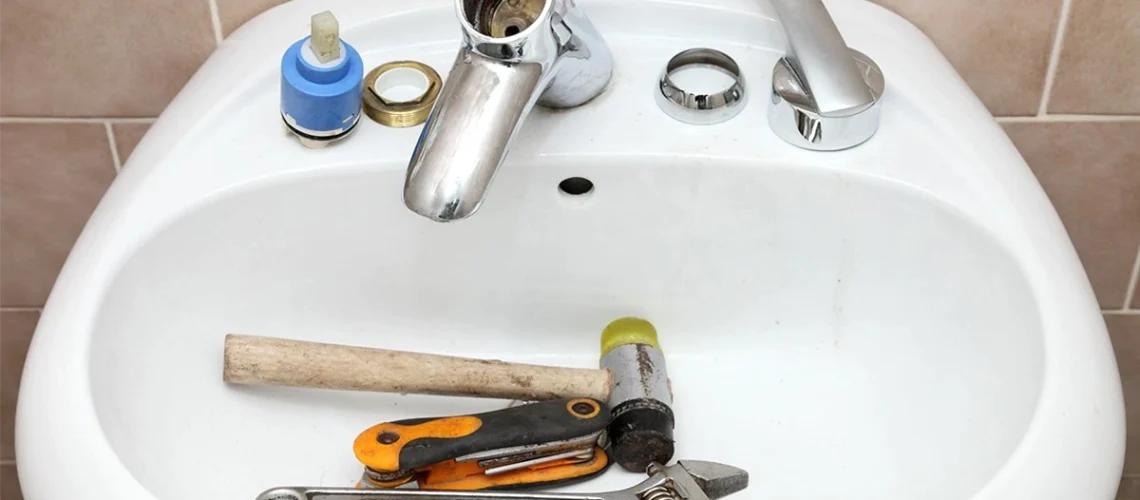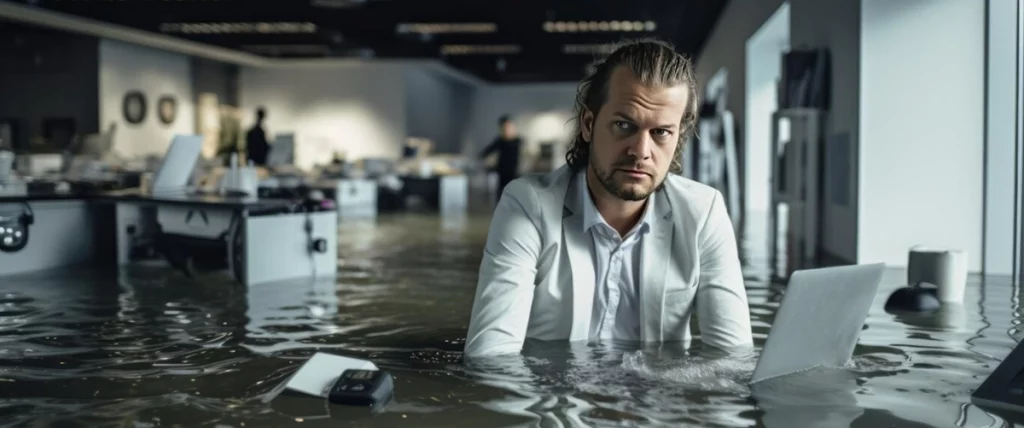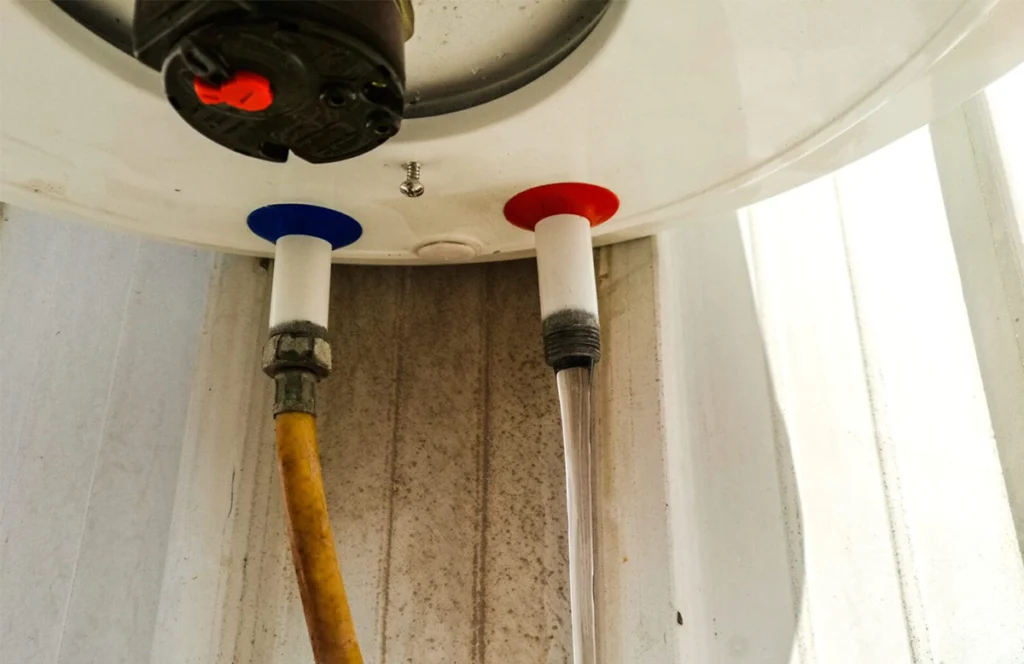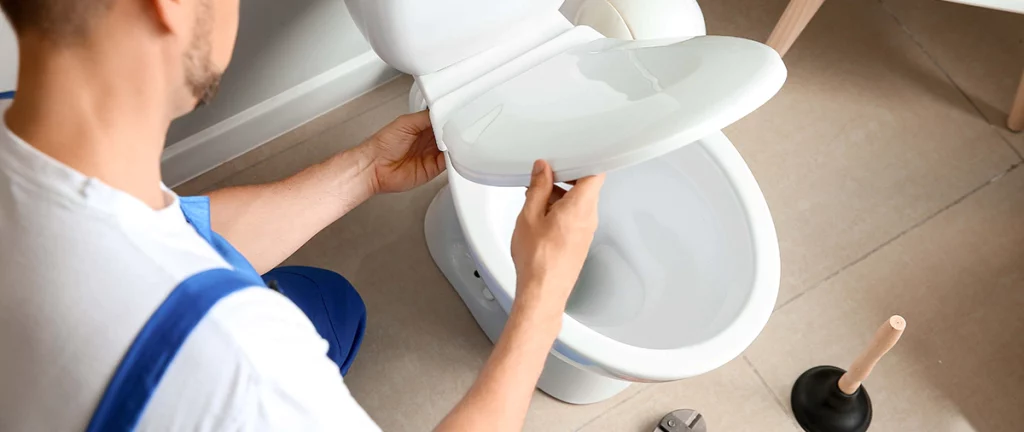DIY projects can be rewarding and cost-effective, but when it comes to plumbing, attempting repairs without professional expertise can lead to serious consequences. While fixing a minor leak or unclogging a drain might seem simple, more complex plumbing issues require specialized knowledge and tools. Here are some of the potential risks associated with DIY plumbing repairs.
Contents
1. Increased Damage and Costly Repairs
Plumbing systems are intricate, and an incorrect repair can worsen the issue. A small mistake can lead to leaks, burst pipes, or water damage, resulting in costly repairs that exceed the original problem’s cost. Additionally, temporary fixes may fail over time, leading to more extensive damage.
2. Water Damage and Mold Growth
Improperly fixed leaks can lead to water seeping into walls, floors, and ceilings. This creates the perfect environment for mold and mildew to grow, leading to health hazards and expensive remediation efforts. Prolonged exposure to moisture can weaken the structural integrity of a home, making repairs even more complicated and expensive.
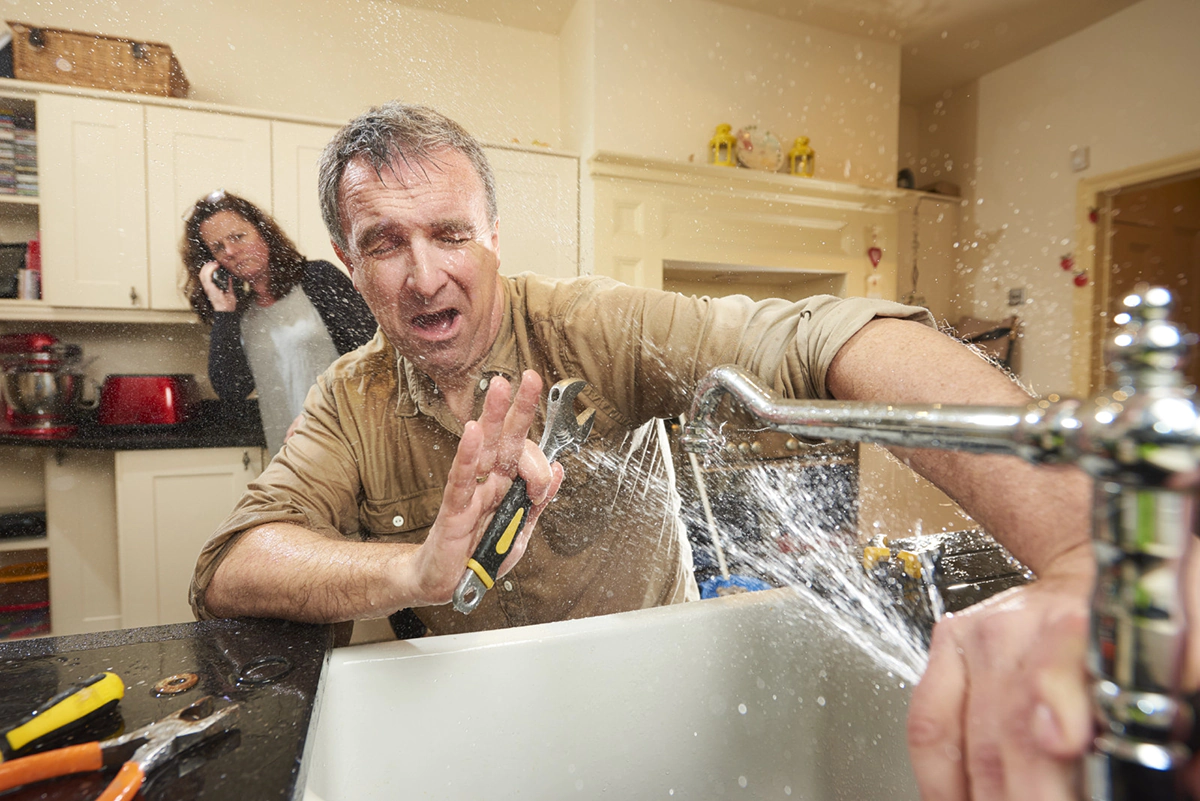
3. Health and Safety Hazards
Working with plumbing often involves exposure to harmful substances, such as raw sewage, chemicals, and bacteria. Additionally, improper handling of gas lines or water heaters can pose significant risks, including gas leaks and explosions. Electrical hazards may also arise when working near water, increasing the risk of electrocution if proper safety measures are not followed.
4. Code Violations and Legal Issues
Professional plumbers are trained to follow local building codes. DIY plumbing repairs might not comply with these regulations, potentially leading to fines or complications when selling your home. In some cases, insurance claims may be denied if unlicensed work is performed. Some jurisdictions require permits for plumbing work, and failure to obtain them can lead to legal consequences.
5. Lack of Proper Tools and Expertise
Plumbers have specialized tools to diagnose and fix problems efficiently. Without the right equipment, DIY repairs can be ineffective, temporary, or even worsen the situation. Professional-grade tools, such as pipe cutters, augers, and leak detection devices, are often not available to homeowners, making it difficult to achieve lasting solutions.
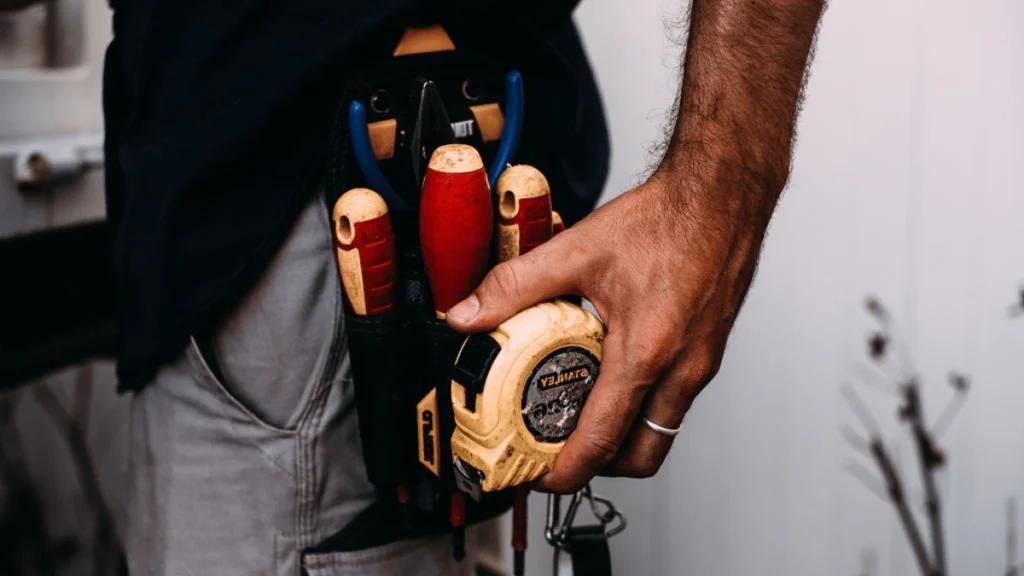
6. Voiding Warranties
Many plumbing fixtures and appliances come with warranties that require professional installation and repairs. Attempting to fix an issue yourself can void these warranties, leaving you responsible for all future repairs and replacements. This can be particularly costly for major appliances like water heaters, dishwashers, and filtration systems.
7. Environmental Impact
Incorrect plumbing repairs can result in wasted water, leading to higher utility bills and unnecessary strain on the environment. A small, unnoticed leak can waste thousands of gallons of water over time. Additionally, improper disposal of plumbing materials, such as old pipes and chemicals, can contribute to environmental pollution.
When to Call a Professional
If you experience any of the following issues, it’s best to call a licensed plumber:
- Persistent or major leaks
- Low water pressure
- Sewer line backups
- Issues with your water heater
- Burst pipes or major water damage
- Gas line repairs or installations
- Frozen pipes
- Slow or clogged drains that persist despite DIY attempts
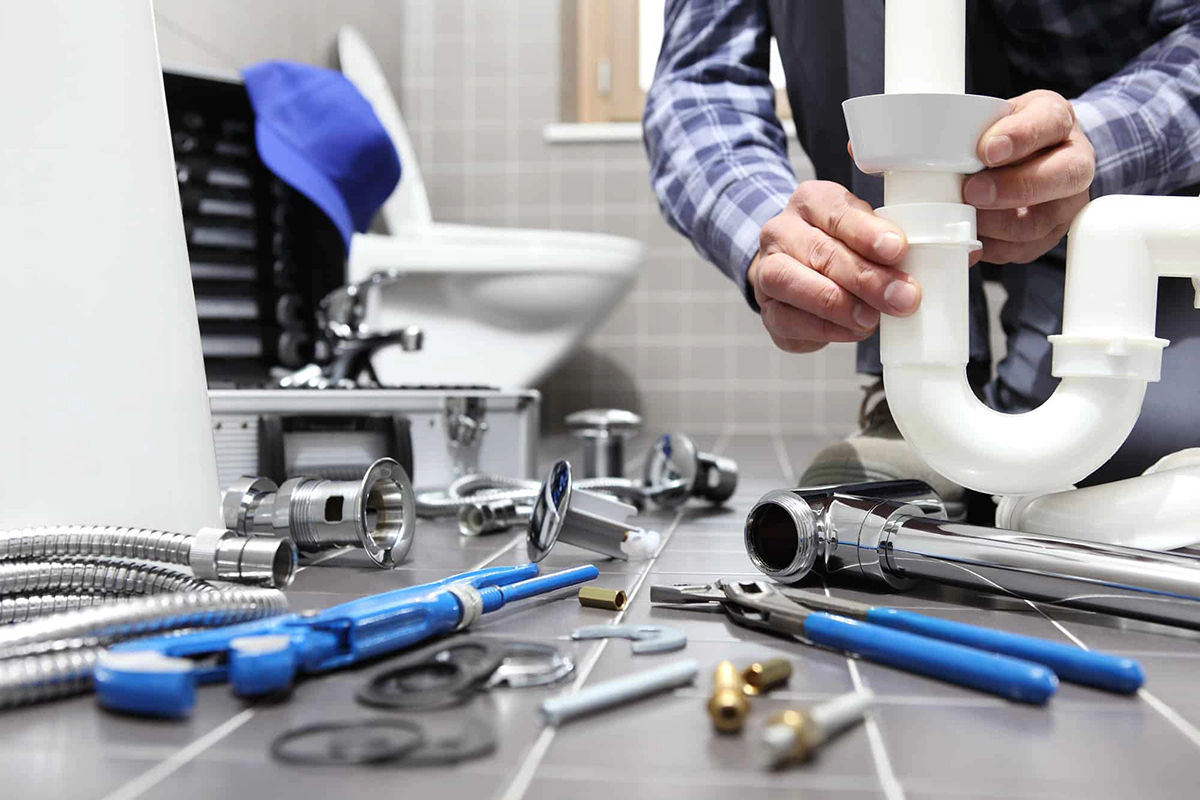
Conclusion
While minor plumbing maintenance can be handled by homeowners, attempting major DIY plumbing repairs can be risky and costly. Hiring a professional ensures the job is done safely, correctly, and in compliance with building codes. When in doubt, it’s always best to consult an expert to avoid unnecessary damage and expenses. Proper plumbing maintenance and timely professional intervention can save homeowners money and prevent extensive property damage in the long run.
FAQs
While minor repairs like fixing a leaky faucet or unclogging a drain may be safe, more complex plumbing work can pose risks such as water damage, code violations, and safety hazards.
Common mistakes include using the wrong tools, over-tightening fittings, improper pipe connections, and failing to turn off the water supply before starting repairs.
Yes, many plumbing fixtures and appliances come with warranties that require professional installation and repairs. DIY work can void these warranties, leaving homeowners responsible for any future repairs.
Leaks from faulty installations can allow water to seep into walls, floors, and ceilings, causing mold growth and structural damage that can be costly to fix.
Improper handling of gas lines can lead to gas leaks, fire hazards, and potential explosions. Any gas line repairs or installations should always be handled by a licensed professional.



